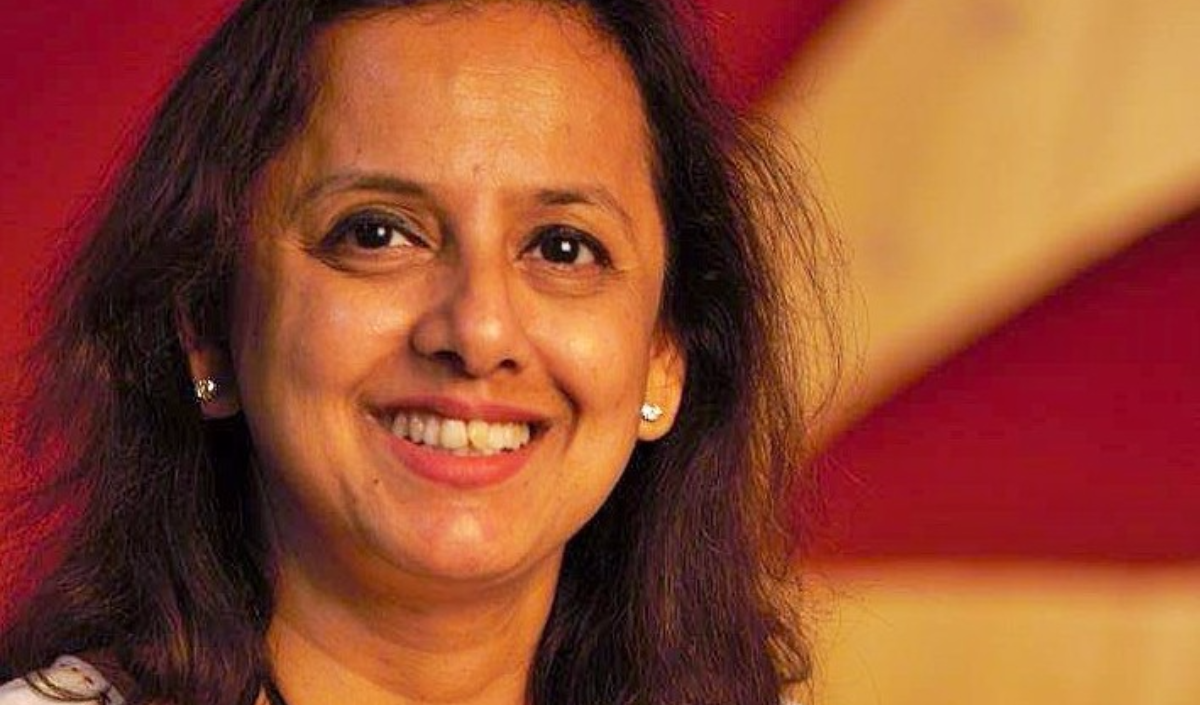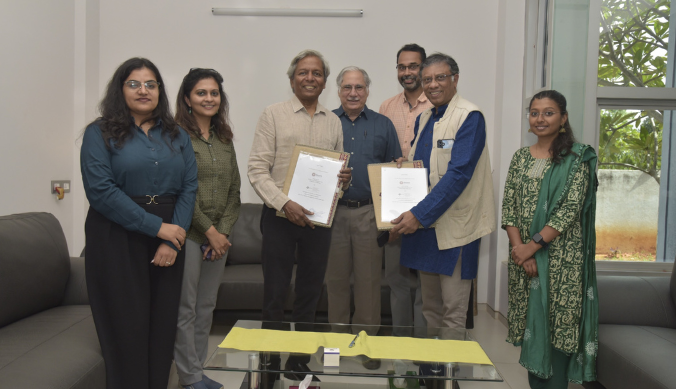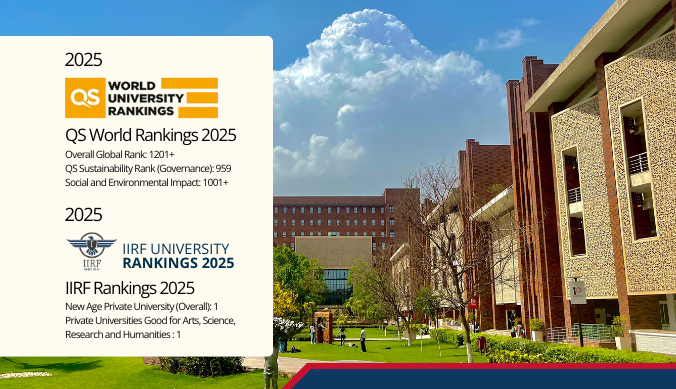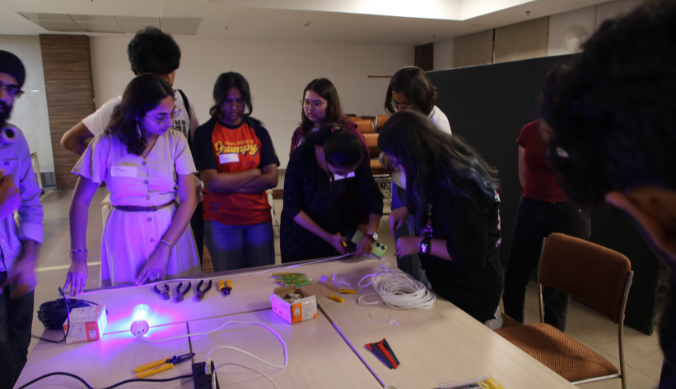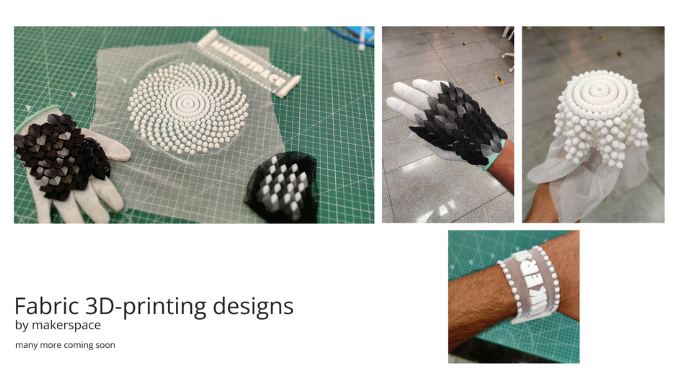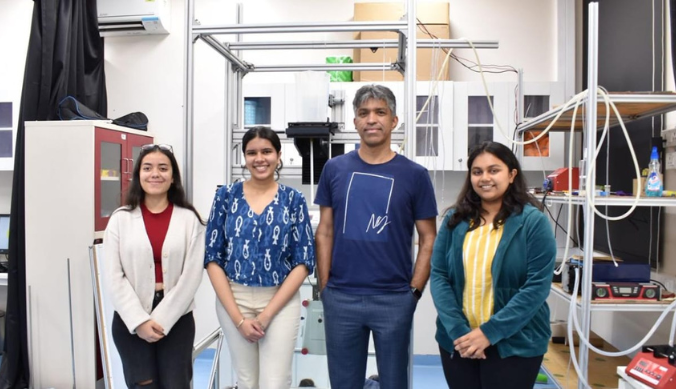Reminiscing the YIF with Anu Prasad
“I believe I am a fellow too in this journey of life. I’ve learnt to be audacious in dreaming,” tells Anu Prasad, Former Deputy Dean of Young India Fellowship as she explains the five year old programme.

Office of PR & Communications
5 July, 2017 | 10 Mins readThe story of the Young India Fellowship is a bit of a Bildungsroman—a story of beginnings, learning and maturation. With a committed leadership, faculty and team, the Fellowship continues to unfold for us in new ways. The uniqueness of the YIF is being understood and articulated better, every year. This uniqueness forms the spine of the YIF book, and the founders and deans have co-written it with the Fellows.
The Deputy Dean of the YIF has been pivotal to this story. Anyone who has known her would first tell you of Anu Prasad’s affability. Students have sought her at office, and elsewhere, for her disarming good cheer and her inimitable listening ear. She has seen countless issues of the Fellowship put into place. From engaging with excellent faculty, working with her own team and higher management, Anu has been monumental. Hers is a face likened to the Fellowship itself.
We speak to Anu about her long relationship with the YIF. The untellable something in her narration draws you in completely. What emerges is much more than the daily pitter patter of organization. Anu endows the Fellowship with a perspective that is as grounded in its history as is panoramic in its spirit.
You have been at the helm of the YIF since June 2011. Please trace for us the most memorable changes you have seen the YIF undergo over the years.
I started at the YIF in April 2011. We had 58 Fellows arriving end-May; our infrastructure and team were skeletal. Anya Gupta and I were working on everything—the academic calendar, the website, our office spaces (the famous tree house), the classroom, the hostel, etc. I often wondered if I was in the right place but Pramath Raj Sinha, one of the Founders at Ashoka University can be very persuasive and things did fall in to place. He became my lifeline via his 8 am conference calls with me where we articulated our vision, hopes and ideals for the future. We gradually got caught up in the lives of these interesting young adults. The second biggest challenge was when we had to move to the Ashoka University campus and the founders had decided to double the batch size to 200. The move was wrought with its own set of challenges. But that’s all in the past now. We are proud to be called Ashoka University’s flagship programme.
And what did you take away from these early years, with a budding team and so much to do?
The move to the university, then a full blown construction site, brought me very close to working with people who display true grit and determination. I watched how patiently and painstakingly Pro Vice Chancellor and Founder Vineet Gupta would address each and every issue. It was an eye opener. I have come to believe in the power of working in the trenches, getting your hands dirty. I’ve learnt this lesson from the founders of Ashoka University. They have never shirked doing what it takes to build a world-class university.
What kept you going through the practical difficulties that surfaced during these years?
When at the end of each year I look at the Fellows, I feel strengthened. I notice their ability to be thoughtful, to listen empathetically, to ask questions fearlessly and to communicate carefully. Their moments of epiphanies, their gratitude, their joy in the faculty and the trust they repose in us to provide a safe space for them. ?These have bolstered me. Many write to me through the years—scores of stories of sharing and gratitude about the faculty, the courses and sometimes even their peers. I live the Fellowship vicariously through these emails and letters. I have always felt a kind of joy in their hunger and curiosity to learn.
In what other ways has the Fellowship enriched you personally?
It has completely transformed me. For starters, I am a better listener now. I practise listening carefully. I am less judgemental. I believe people respond to you in the way that you respond to them. Each Fellow has a story to share, each one a risk taker and an idealist. I have fallen in love with the Fellows, with what we are trying to achieve. This is a love that will live a lifetime with me. I believe I am a fellow too in this journey of life. I’ve learnt to be audacious in dreaming.
Think aloud about the idea of Fellowship and how it sets itself apart from other courses in other universities.
The Fellowship is about building your self-awareness and constantly seeking answers. Of shared experiences, epiphanies, emotions of living in a tightly knit environment/community with complete strangers who are sharing the same experiences as you are but are coping differently. The Fellowship is about celebrating and valuing the differences in personalities, paradigms, views and disciplines. My idea of the Fellowship is that it is a safe space wherein you learn by reflection, by questioning bias, by calling out issues through dialogue and debate, understanding what it takes to be informed citizens.
Tell us more about the singularity of the Young India Fellowship. Why must it continue and in what manner could it be enriched?
The ethos of belonging, trust, empathy and goodwill which characterizes the YIF has been built painstakingly. In this way it’s completely different from anything else.
We must hold on to this essence of goodwill and actively work towards keeping this ethos of community alive. The reputation of the Fellowship has to be guarded by a transparency in intention.
What advice would you offer to the Fellowship—the alumni, the current cohort and the upcoming batches?
Give back with all your heart—in words, in actions, in kindness. There is joy in giving. Always remain a student. Cultivate and keep your curiosity alive. There is joy in learning new things and you are never too old to learn. Listen. Deeply and empathetically. Love with a sense of abandonment, err on the side of loving. Always look for the funny side of things; life is too short! Make friends and build relationships. Develop a sense of gratitude—for far too may in this country, the doors of opportunity are shut at birth. You really are the miniscule privileged group.
Today the YIF sees Anu off, to wonderful places. What remain are the stars that have sprung under her footprints. She leaves behind an ecosystem of benefactors, a clear vision and five years of a unique story. The YIF shall hold on to these shared memories it recalls with her. After all, these are her testament, in her own words, to “the audacity of dreaming”.
(The writer is Deputy Manager, Academic and Student Affairs, Young India Fellowship)
Study at Ashoka






